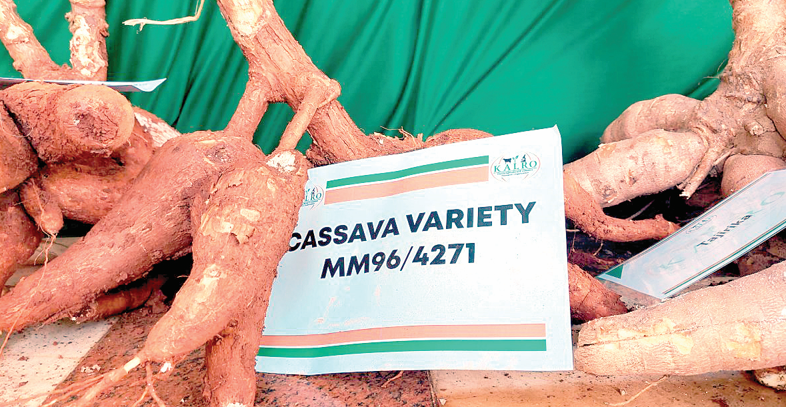Embrace traditional foods to curb lifestyle diseases, reduce bill, Kenyans told
By Nicholas.Waitathu, September 12, 2023Kenyans have been urged to diversify into growing indigenous crops to help tame high food import bill which has continued to increase over the years.
United States Agency for International Development (USAID), the US principal agency advancing global food security said Kenya is spending a lot of resources to import food to feed the growing population every year. Kenya National Bureau of Statistics (KNBS) data show that the country’s import bill on food reached Sh183.93 billion in 2022 as compared to Sh155.42 billion in 2021.
According to Robert Mwadime, Chief of Party for the Kenya Crops and Dairy Market Systems (KCDMS), a USAID project , majority of Kenyans are also grappling with increasing health cases that are emerging owing to feeding on low quality foods.
“Owing to the changing global trends, especially the need to reduce food import bills and emerging diseases, Kenyans have to agree to diversify to growing improved indigenous food,” he added.
Other countries in Africa, for example, Nigeria and Ghana, he said have succeeded in indigenous food diversification to supplement quantities from other sources.
Mwadime spoke during a media briefing on the National Dialogue on agri-food systems set to be hosted by Ministry of Agriculture and USAID among other stakeholders in Nairobi on Wednesday and Thursday this week. He said the urge to diversify into growing and consuming indigenous crops has been further prompted by the continued reduction in arable land.
Arable land, Mwadime added, currently stands at 15 per cent of the country’s landmass compared to 20 per cent 10 years ago, noting that decline in area under farming has further contributed to decline in food productivity thus undermining efforts to feed the growing population.
“Indigenous or traditional crops have been ignored for long as farmers continue to prefer few food crops which are equally endangered by the increasing effects of climate change,” he stated.
Key nutrients
Kenyans have relied too much on maize, wheat and Irish potatoes ignoring other crops like millets, cassava, yams and sorghum that are rich in key nutrients, for example, iron and zinc.
Agri-food Nutritionist with the Ministry of Agriculture Mary Njeri said indigenous foods are expected to boost blending in the country. The ministry, she confirmed, will initiate a nationwide blending programme later in November. Irene Kimani, Food and Agriculture Organisation Kenya, Nutrition Team Lead said indigenous foods play a key role in contributing to healthy diets and reducing non-communicable diseases.
She said people have seen the impacts that some of these unhealthy foods have in terms of non-communicable diseases and increase in blood pressure.
More Articles

